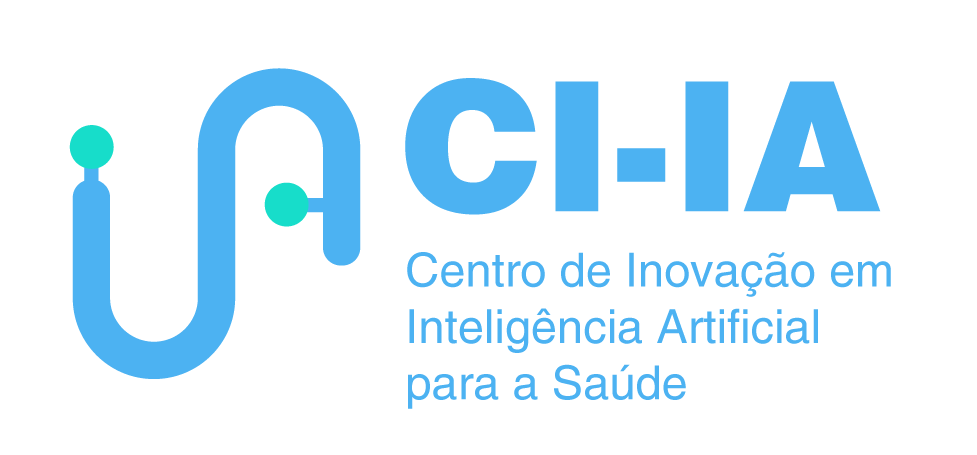The ultimate aspiration of health care is to be truly personalized and patient-centered, where treatments are based on evidence, promote resolution of the individual’s health issue and are cost-effective for society. It is important for healthcare professionals to be aware that individual patients can respond differently to treatments. The goal of personalized medicine is to adapt treatment to known clinical characteristics and those not fully established, according to the probability of interactions between the genome and the environment. Understanding the patient’s condition and circumstances and pathology is necessary, and this requires the use of sophisticated assays, which generate large amounts of data, such as genomics and imaging protocols. The thousands of data sets patients create throughout their journey not only help to identify changes in their health, but also allow tracking of similar patient patterns in similar conditions, institutions and geographic regions. Eventually, this will allow the definition of predictive measures through artificial intelligence (AI). The AI’s ability to advance personalized medicine will critically depend not only on the refinement of relevant trials, but also on ways to store, aggregate, access and integrate the data they produce 78.
Regarding treatments, it can be said that it is quite evident that the action of drugs, like most common diseases, is under the influence of a network of genes, proteins, structural microenvironment, tissues and external environment, each contributing to the phenotype or expression of the patient’s condition. The variability with which individuals respond to drugs is the result of a complex interaction of many factors that often go beyond the models currently used and require greater complexity. The existence of genetic polymorphisms in a large number of enzymes responsible for drug metabolism is probably the cause of the so-called idiosyncratic reactions and the resistance of some individuals to drugs administered in the form of a pro-drug. In-depth knowledge of the interaction of these factors is expected to be an important source of discovery for the development of new drugs and evaluation of outcomes with their use. This involves extensive analysis of the effect of drugs and has been used by the pharmaceutical industry to assist in the research and development of new drugs 79.
Biomarkers have been used for decades in the selection of appropriate treatments. From the typing that a patient needs when needing a transfusion of blood or tissue for transplants. Other markers have been used to optimize the indication of specific cancer treatments, such as trastuzumab used in breast cancer in patients who overexpress the HER2 receptor in tumor tissue. The extensive use of markers is the path to which therapy should be guided.
The Brazilian population with its miscegenated nature, composed of African, Native American and European ancestry, has the potential to add knowledge about the effect of miscegenation on diseases and response to drugs. Since the Caucasian population is currently much more described and the complexity of population mixtures has not been applied to health knowledge 80. Miscegenation adds an additional level of complexity, which must be modeled by AI-based solutions, considering variables of different nature as racial self-classification and related social and biological components 81, the measure of individual genomic ancestry, or even considering the origin of specific regions of the genome that carry genetic variants, which may partially explain biomedical responses.
Digital solutions that can capture the performance of treatments have the potential to support value-based healthcare models. A service model based on valued health means rewarding professionals as the patient improves. That is, there is an incentive for doctors and hospitals towards a real recovery of the patient. The Value Based Healthcare system is a concept that seeks to innovate the entire current structure and is strongly anchored in the individualization of medicine 82. Health and management based on precision medicine represent a growing world market, in which Brazilian diagnostic companies, software and data management can be integrated. The Brazilian know-how to operate in this market is mainly developed in public institutions, and can be enhanced with collaboration with the private network. It is essential to promote strategic information management by different stakeholders of the innovation and health ecosystem, such as health plans, hospitals and laboratories. Thus, national databases must be created, integrated and managed for the benefit of patients and the Brazilian innovation ecosystem, and integrated in order to build the necessary solutions to SUS.
Principal Investigators: Marco Romano-Silva, Carisi Polanczyk, Mauro Teixeira, Walmir Caminhas, Mario Campos, Carla Freitas
References:
78. Schork NJ. Artificial Intelligence and Personalized Medicine. In: Von Hoff DD, Han H, editors. Precision Medicine in Cancer Therapy. Cham: Springer International Publishing; 2019. p. 265–83.
79. Roses AD, Burns DK, Chissoe S, Middleton L, St. Jean P. Keynote review: Disease-specific target selection: a critical first step down the right road. Drug Discov Today. 2005 Feb 1;10(3):177–89.
80. Sirugo G, Williams SM, Tishkoff SA. The Missing Diversity in Human Genetic Studies. Cell. 2019 May 2;177(4):1080.
81. Lima-Costa MF, Macinko J, Mambrini JV de M, Peixoto SV, Pereira AC, Tarazona-Santos E, et al. Genomic African and Native American Ancestry and Chagas Disease: The Bambui (Brazil) Epigen Cohort Study of Aging. PLoS Negl Trop Dis. 2016 May;10(5):e0004724.
82. Gray M. Value based healthcare. BMJ. 2017 Jan 27;356:j437.




